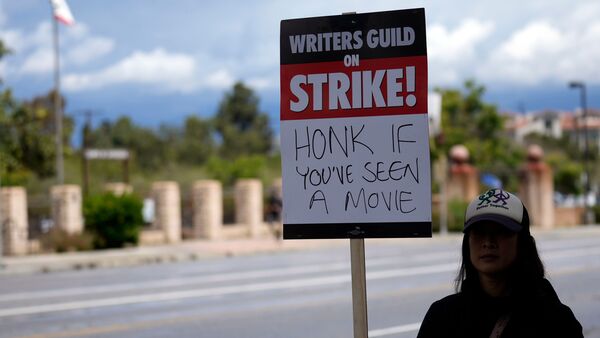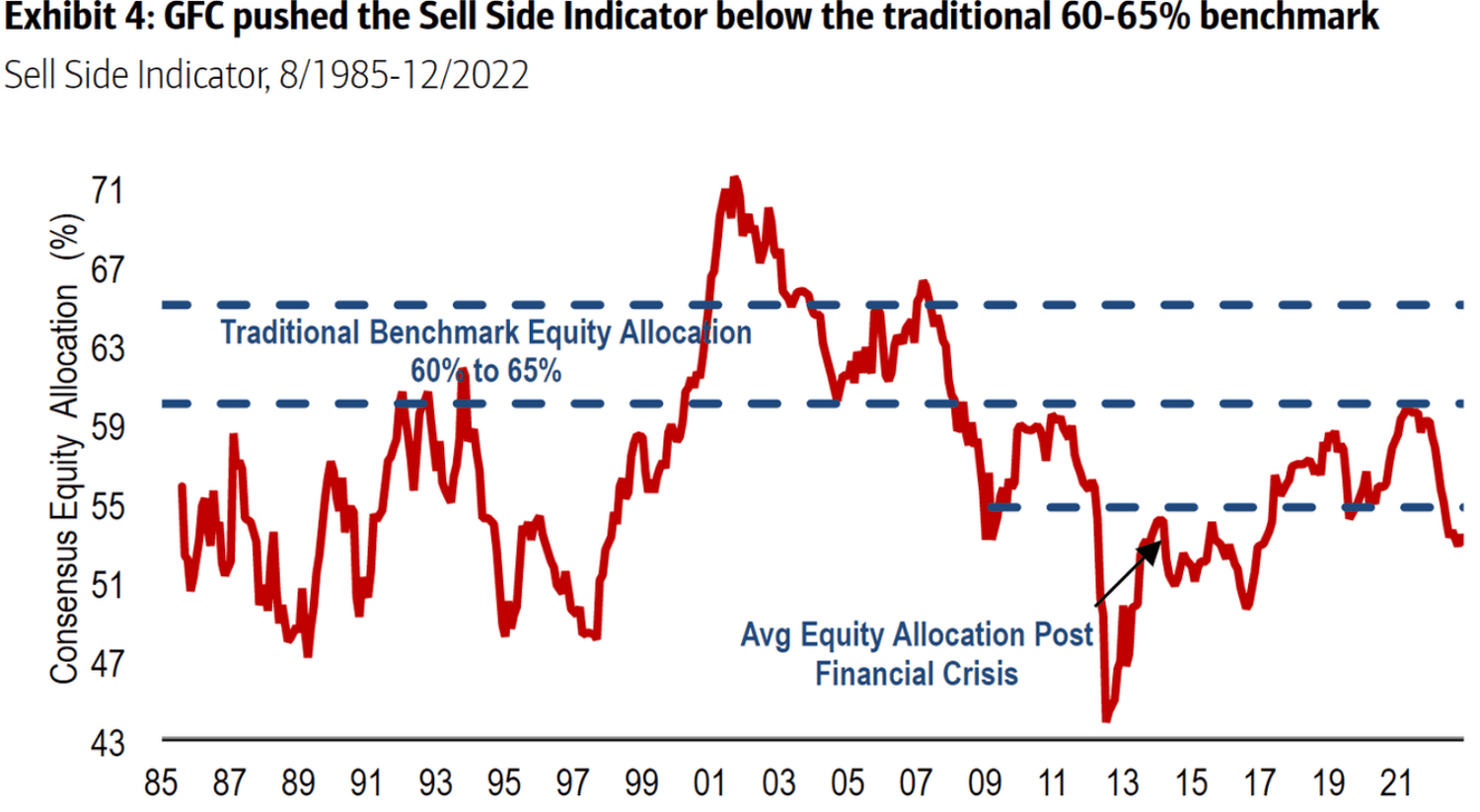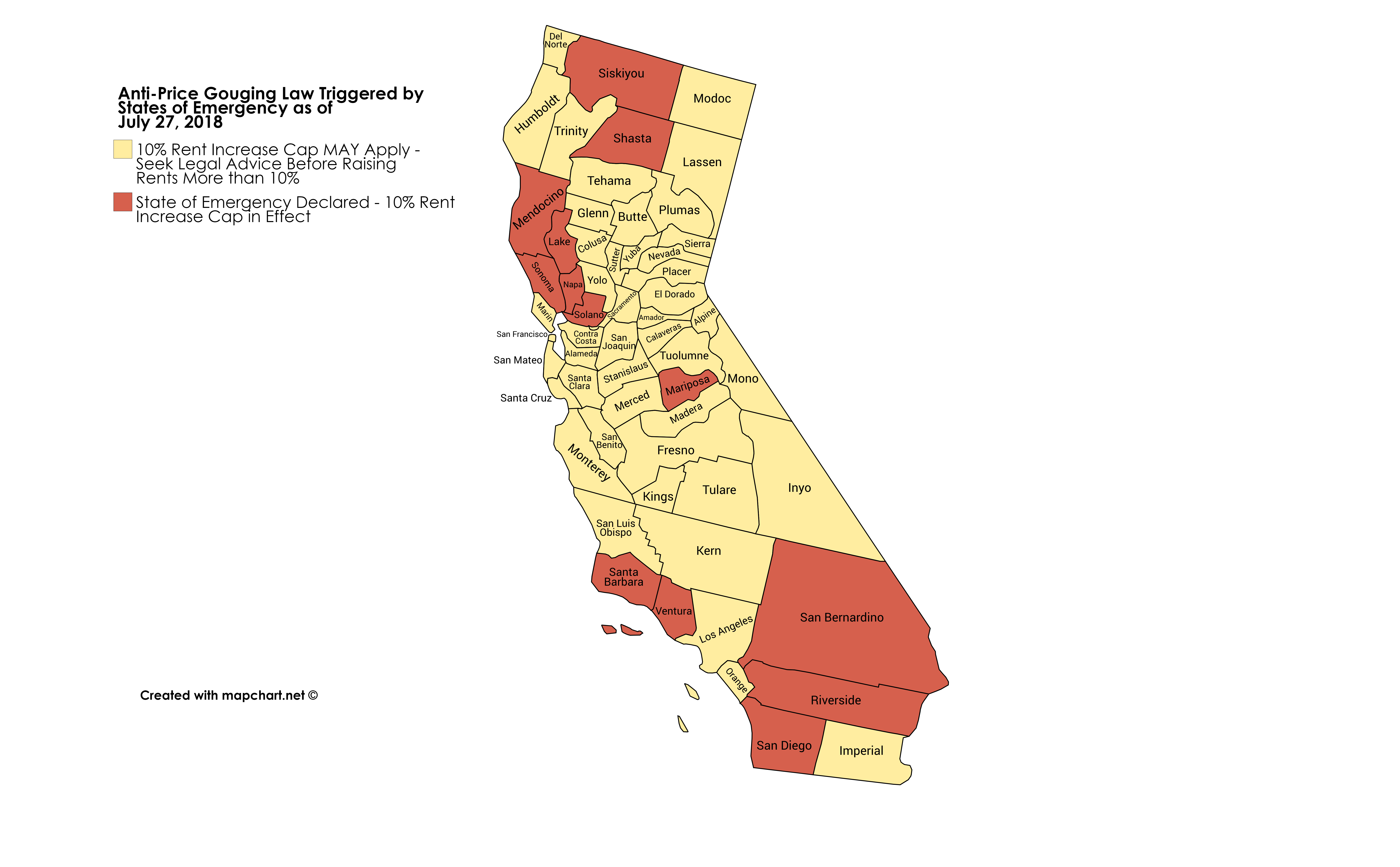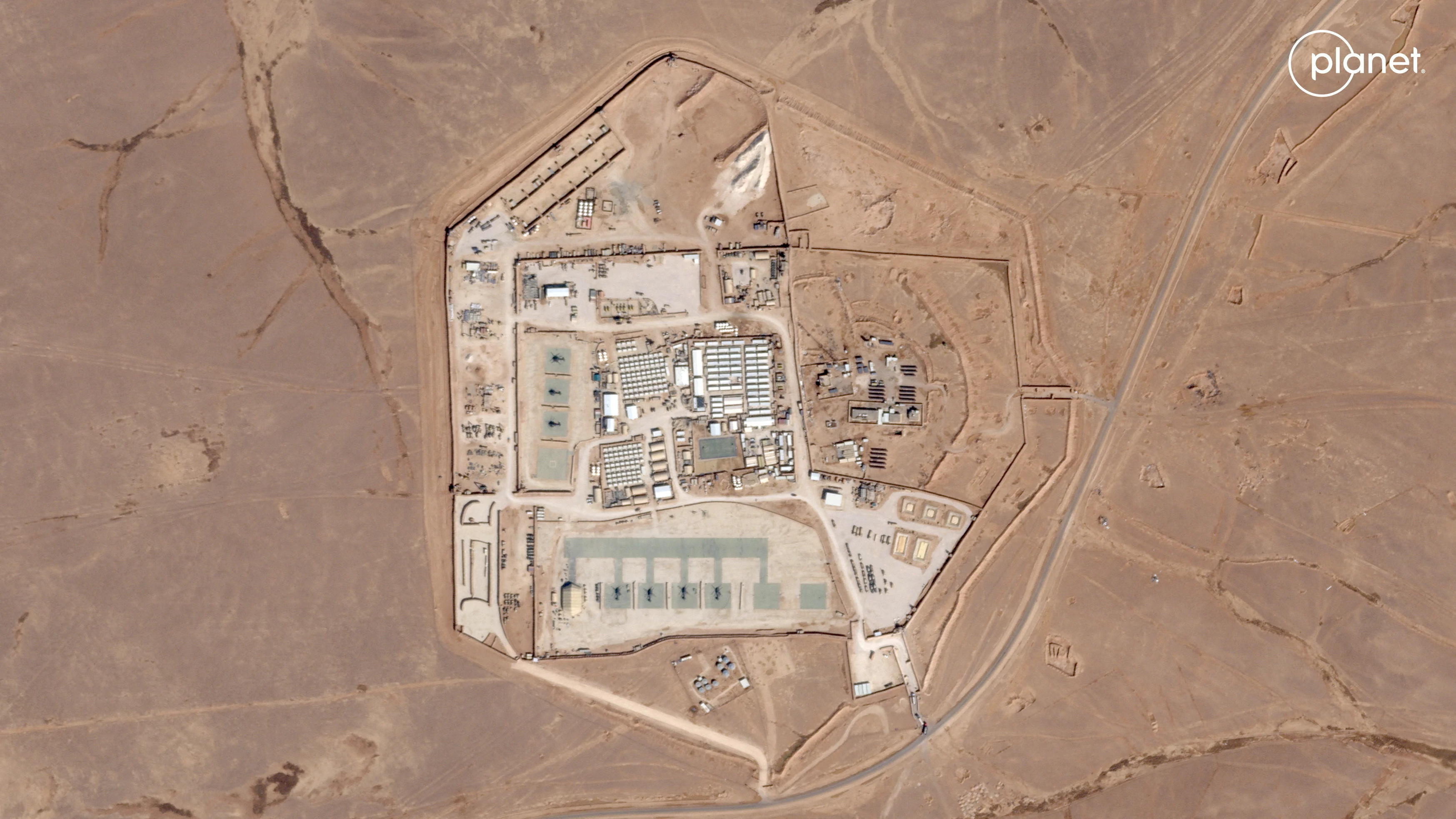Double Trouble In Hollywood: Writers' And Actors' Strikes Halt Production

Table of Contents
The Writers' Guild of America (WGA) Strike: Demands and Impacts
The WGA strike, which began in May 2023, represents a significant turning point in the relationship between writers and the major studios. The core issues driving the strike highlight the challenges faced by writers in the modern entertainment industry.
Key Demands of the WGA:
- Fair wages and residuals in the streaming era: Traditional residuals, payments to writers based on reruns and syndication, have drastically decreased with the rise of streaming platforms. The WGA demands a fair share of streaming revenue to reflect the value of their work.
- Increased minimum staffing on productions: The WGA argues that understaffing leads to longer working hours and diminished creative quality. They demand adequate staffing levels to ensure fair workloads and prevent burnout.
- Protections against the use of artificial intelligence (AI) in writing: The increasing use of AI in script generation poses a significant threat to writers' livelihoods. The WGA seeks safeguards to prevent the replacement of human writers with AI.
- Improved working conditions: This encompasses issues like minimum guaranteed employment periods and increased transparency in the negotiation process.
Impact of the WGA Strike:
- Halted production of numerous television shows and films: Many late-night shows, scripted series, and films have been put on hold, resulting in significant production delays.
- Delayed release dates for upcoming projects: Numerous projects slated for release in 2023 and beyond have faced indefinite postponement.
- Financial losses for studios and production companies: The strike is costing studios and production companies millions of dollars daily in lost revenue and potential penalties.
- Ripple effects on related industries: The strike's impact extends beyond the studios, affecting countless individuals working in related fields, such as catering, transportation, and post-production.
- Specific examples: Shows like Late Night with Seth Meyers, The Daily Show, and many others have been significantly impacted, with production completely halting. Film productions, including several major studio releases, have also experienced extensive delays.
The SAG-AFTRA Strike: Joining Forces and Shared Concerns
The SAG-AFTRA strike, which began shortly after the WGA strike, solidified the unprecedented nature of the situation. SAG-AFTRA’s demands echo many of the WGA's concerns, but also address issues specific to actors.
SAG-AFTRA's Demands:
- Fair wages and residuals, particularly concerning streaming revenue: Actors, like writers, are demanding a fairer share of the profits generated by streaming platforms.
- Stronger protections against the use of AI in performance capture and replacement: The use of AI to recreate actors' performances without their consent or compensation is a major concern.
- Improvements in self-tape audition practices: Actors are seeking better conditions and compensation for the increased use of self-tape auditions.
- Better health and retirement benefits: The union is advocating for improved health and retirement benefits for its members.
Impact of the SAG-AFTRA Strike:
- Complete shutdown of film and television production involving union actors: The combined WGA and SAG-AFTRA strikes have brought nearly all major productions to a complete standstill.
- Delays in marketing and promotion of upcoming releases: Marketing campaigns for upcoming films and television shows have been significantly impacted or completely halted.
- Increased uncertainty for actors regarding future work: The strike creates significant uncertainty about future employment opportunities for actors.
- Potential impact on award shows and film festivals: The strikes threaten to significantly alter the schedules and content of upcoming award shows and film festivals.
- Specific examples: Major productions like Dune: Part Two, Deadpool 3, and numerous other films and television series have been forced to halt production.
The Intersection of the Strikes: A Perfect Storm for Hollywood
The simultaneous strikes by the WGA and SAG-AFTRA represent a perfect storm for the Hollywood entertainment industry.
Combined Impact:
The combined impact of these strikes is unlike anything seen before. The complete shutdown of major productions across film and television demonstrates the unified power of labor in demanding fairer working conditions and compensation.
Negotiation Challenges:
Negotiations between the unions and the Alliance of Motion Picture and Television Producers (AMPTP) have proven extremely challenging. Key sticking points include the use of AI, fair compensation models for streaming, and improvements to residuals. The potential for a prolonged conflict remains significant.
Long-Term Effects on the Industry:
These strikes may lead to significant long-term changes in the industry. The future of streaming, the role of AI in creative processes, and the power dynamic between studios and labor are all likely to be redefined as a result of these negotiations and their outcomes. The Hollywood strikes could reshape the industry for years to come.
Conclusion
The key demands of both the WGA and SAG-AFTRA revolve around fair compensation in the streaming era, protections against the use of AI, and improved working conditions. The devastating impact of their simultaneous strikes on Hollywood film and television production is undeniable. The interconnectedness of these issues highlights a fundamental shift in the power dynamics within the entertainment industry. The long-term implications are far-reaching and will likely reshape the landscape of film and television production for years to come. Understanding the intricacies of the Hollywood strikes and their impact on film and television production is crucial.
The "double trouble" of the Hollywood strikes demands attention. Stay informed about the ongoing negotiations and the potential long-term effects on your favorite shows and movies. Keep up-to-date on the latest developments and support fair labor practices in the entertainment industry. The future of Hollywood depends on finding a resolution that addresses the concerns of writers and actors while ensuring the continued growth and innovation of the industry.

Featured Posts
-
 Should Investors Be Concerned About Current Stock Market Valuations Bof A Weighs In
Apr 26, 2025
Should Investors Be Concerned About Current Stock Market Valuations Bof A Weighs In
Apr 26, 2025 -
 Trumps Proposed Ban On Congressional Stock Trading A Time Magazine Interview Analysis
Apr 26, 2025
Trumps Proposed Ban On Congressional Stock Trading A Time Magazine Interview Analysis
Apr 26, 2025 -
 La Fires Price Gouging Concerns Raised By Reality Tv Star
Apr 26, 2025
La Fires Price Gouging Concerns Raised By Reality Tv Star
Apr 26, 2025 -
 Auto Carriers Financial Hit 70 Million Worst Case Estimate Due To Us Port Fees
Apr 26, 2025
Auto Carriers Financial Hit 70 Million Worst Case Estimate Due To Us Port Fees
Apr 26, 2025 -
 A Military Base In The Crosshairs Us China Influence Battleground
Apr 26, 2025
A Military Base In The Crosshairs Us China Influence Battleground
Apr 26, 2025
